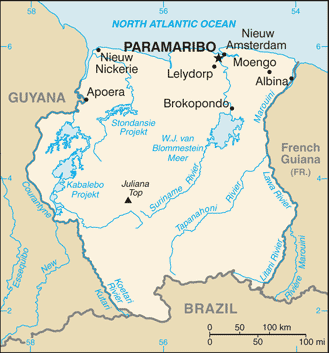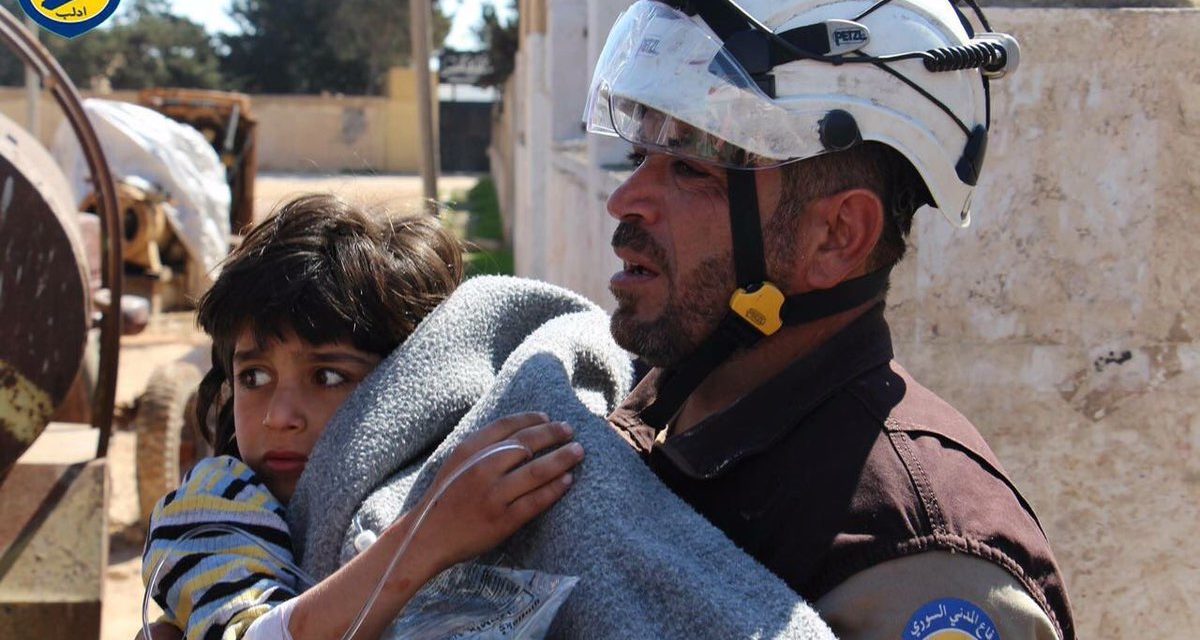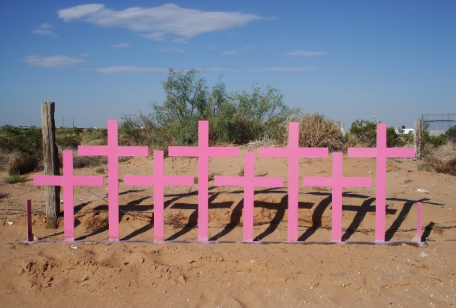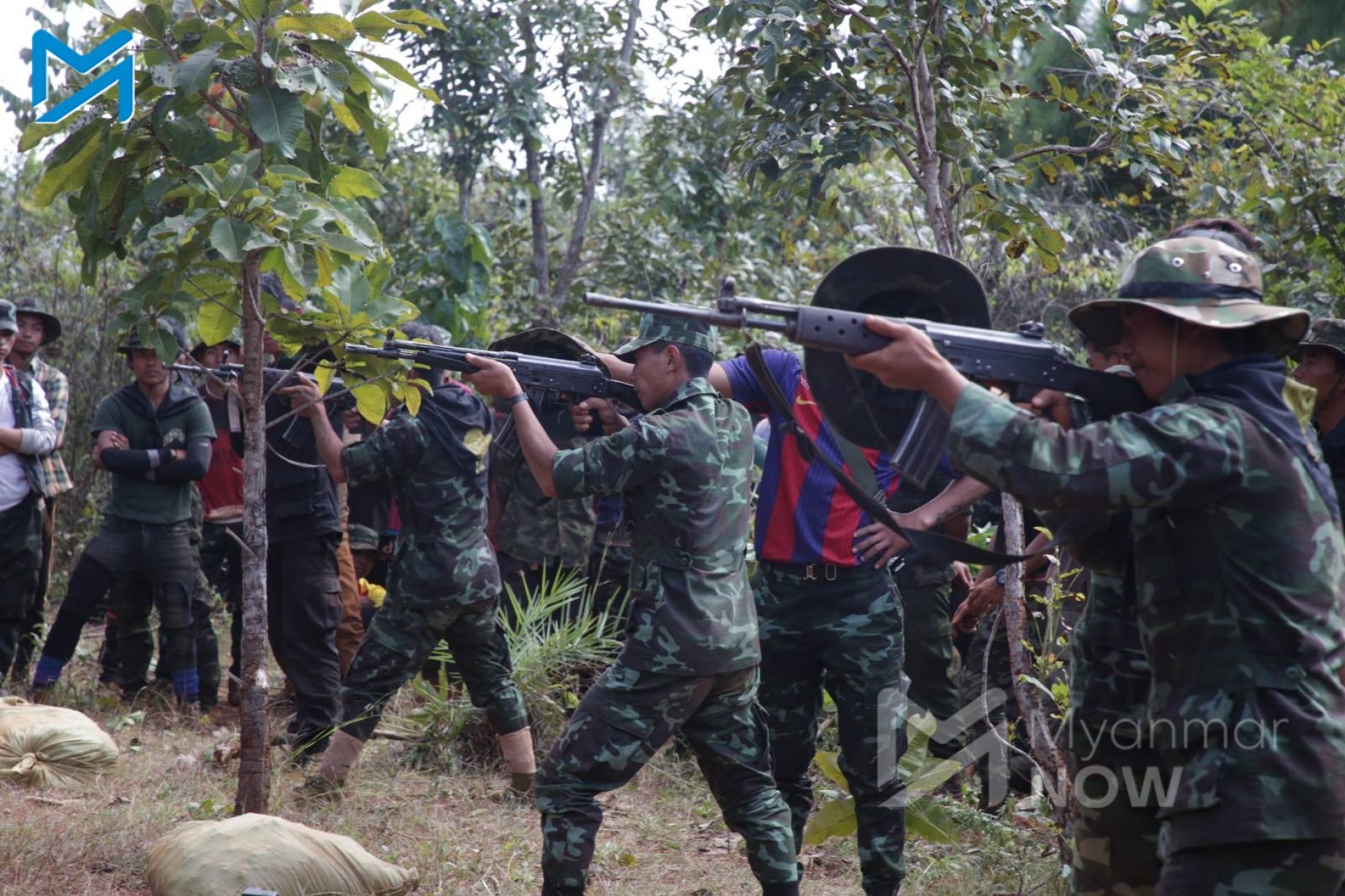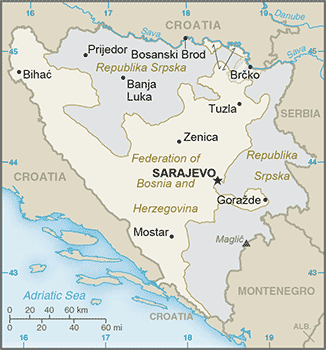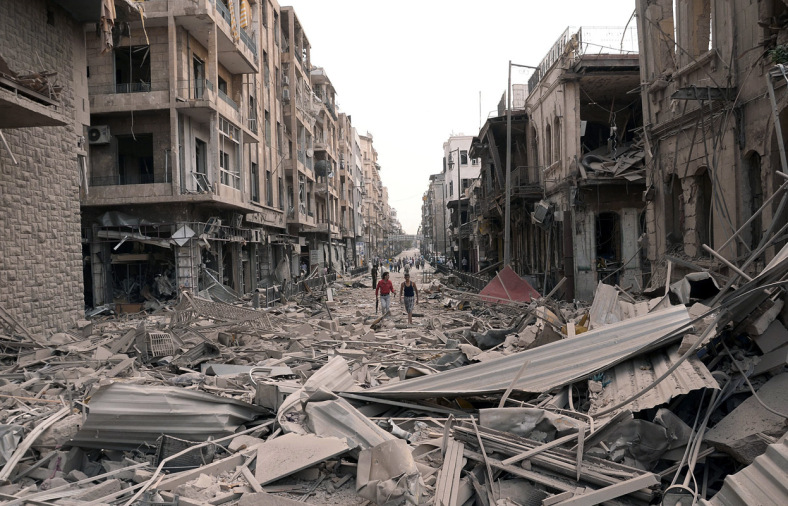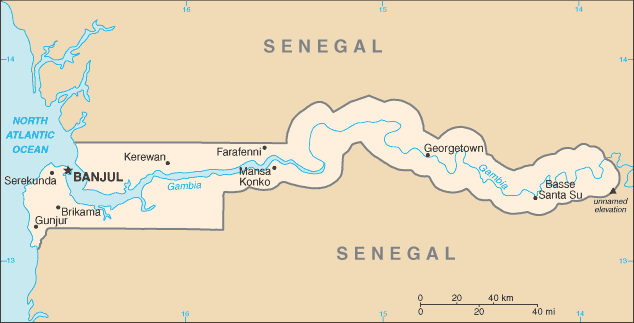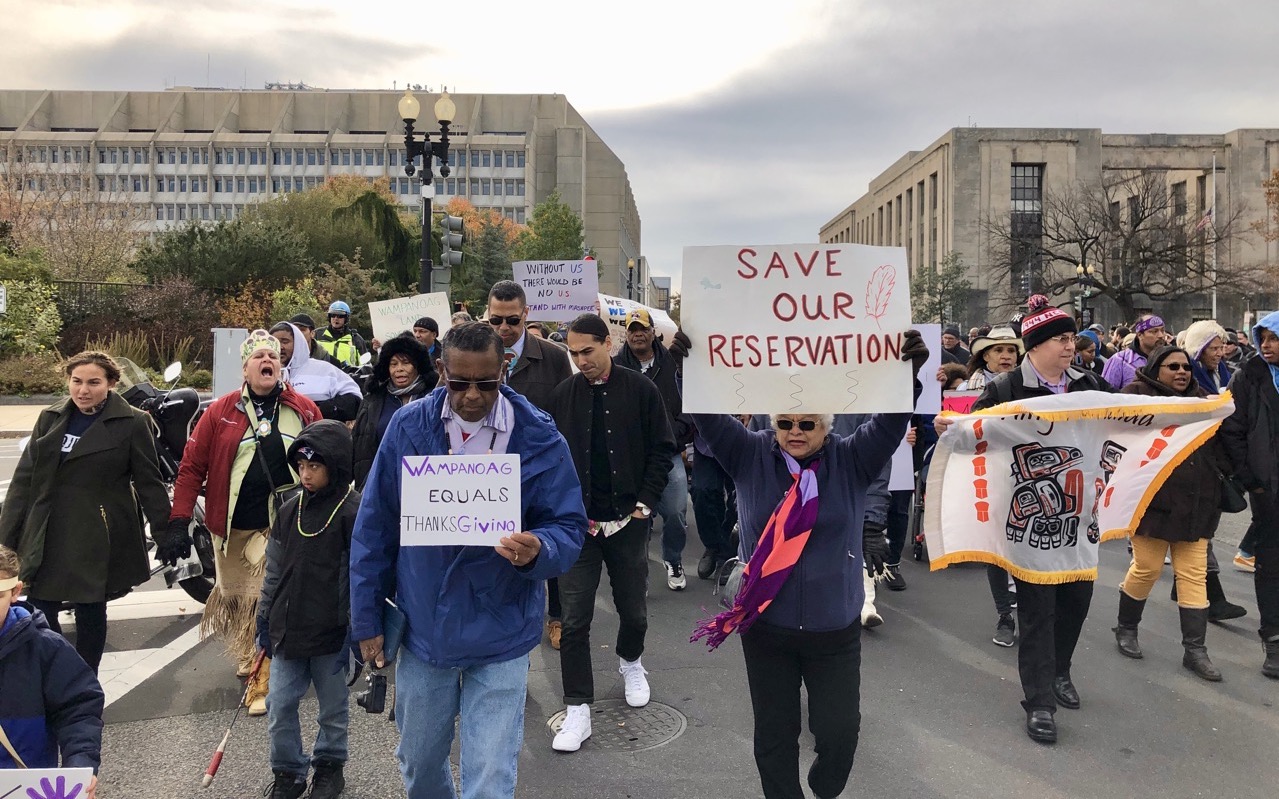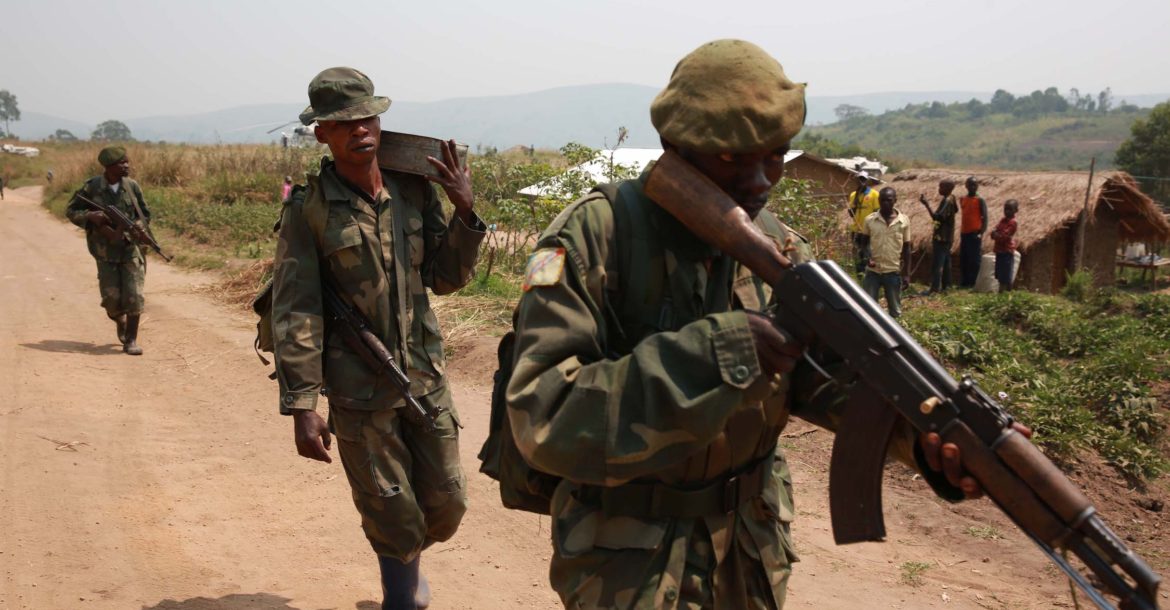
ICJ: Uganda must pay conflict reparations to DRC
The International Court of Justice (ICJ) ruled that Uganda must pay $325 million in reparations to the Democratic Republic of Congo (DRC) for its involvement in the Ituri conflict two decades ago. The ruling is based on a 2005 ICJ finding that Uganda violated international law by engaging in military activities in the DRC after occupying the latter’s northeastern Ituri province. Uganda was held responsible for the killing and torture of civilians, destruction of entire villages, conscripting child soldiers, inciting ethnic conflict, and plundering of natural resources. The ICJ moved to determine the quantum of reparations after the two parties failed to come to terms. (Photo: MONUSCO via Defense Post)



